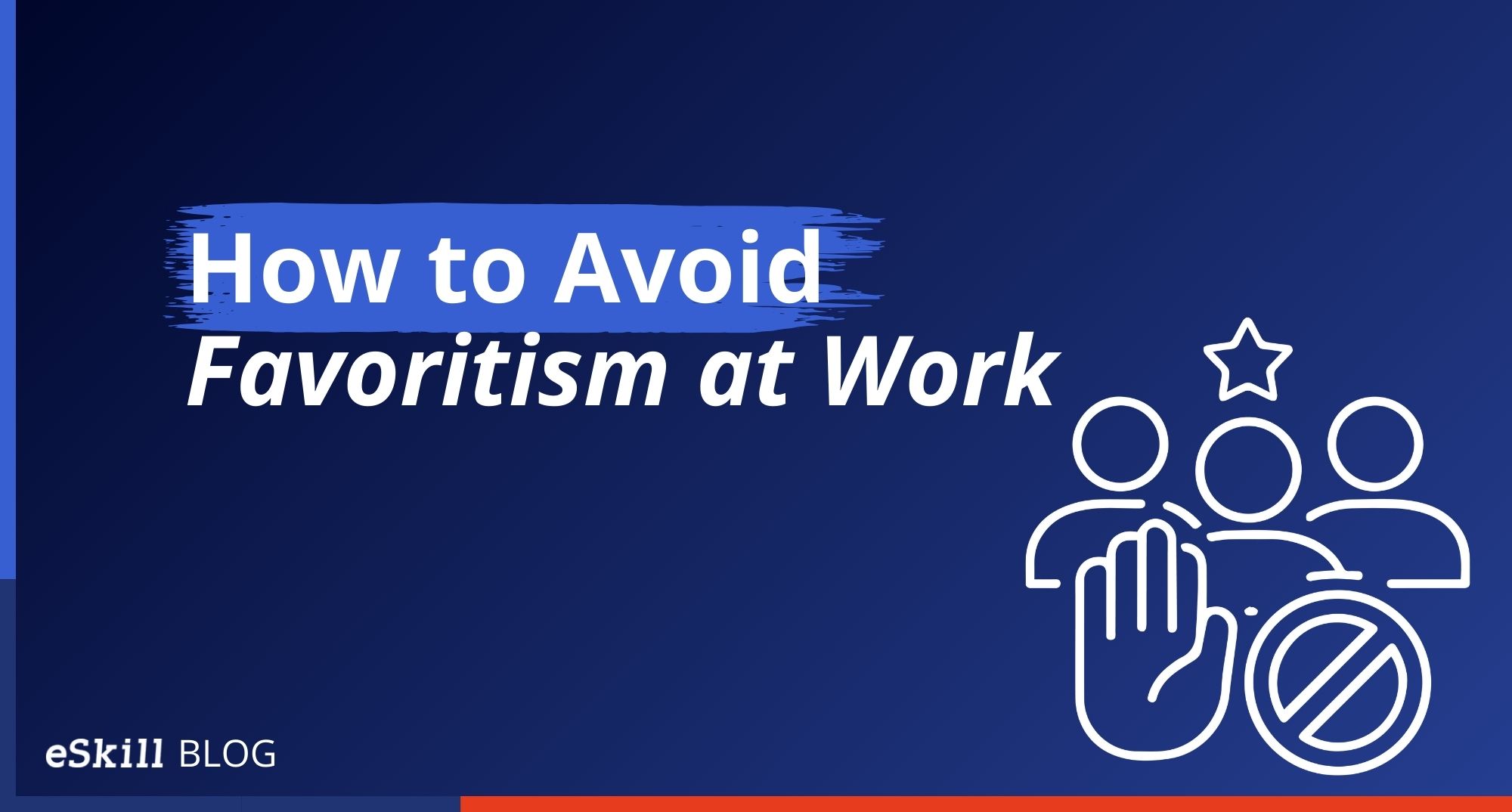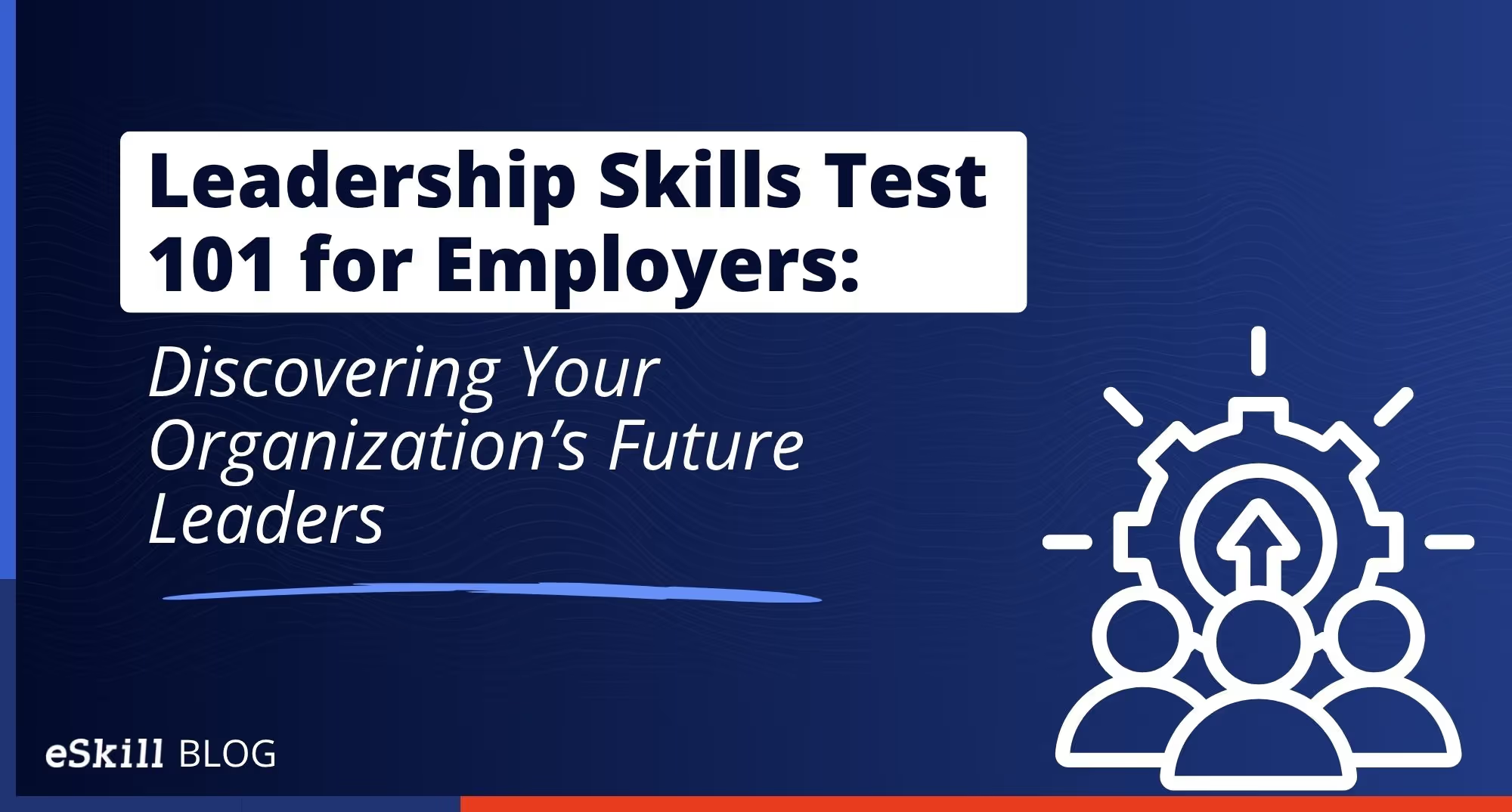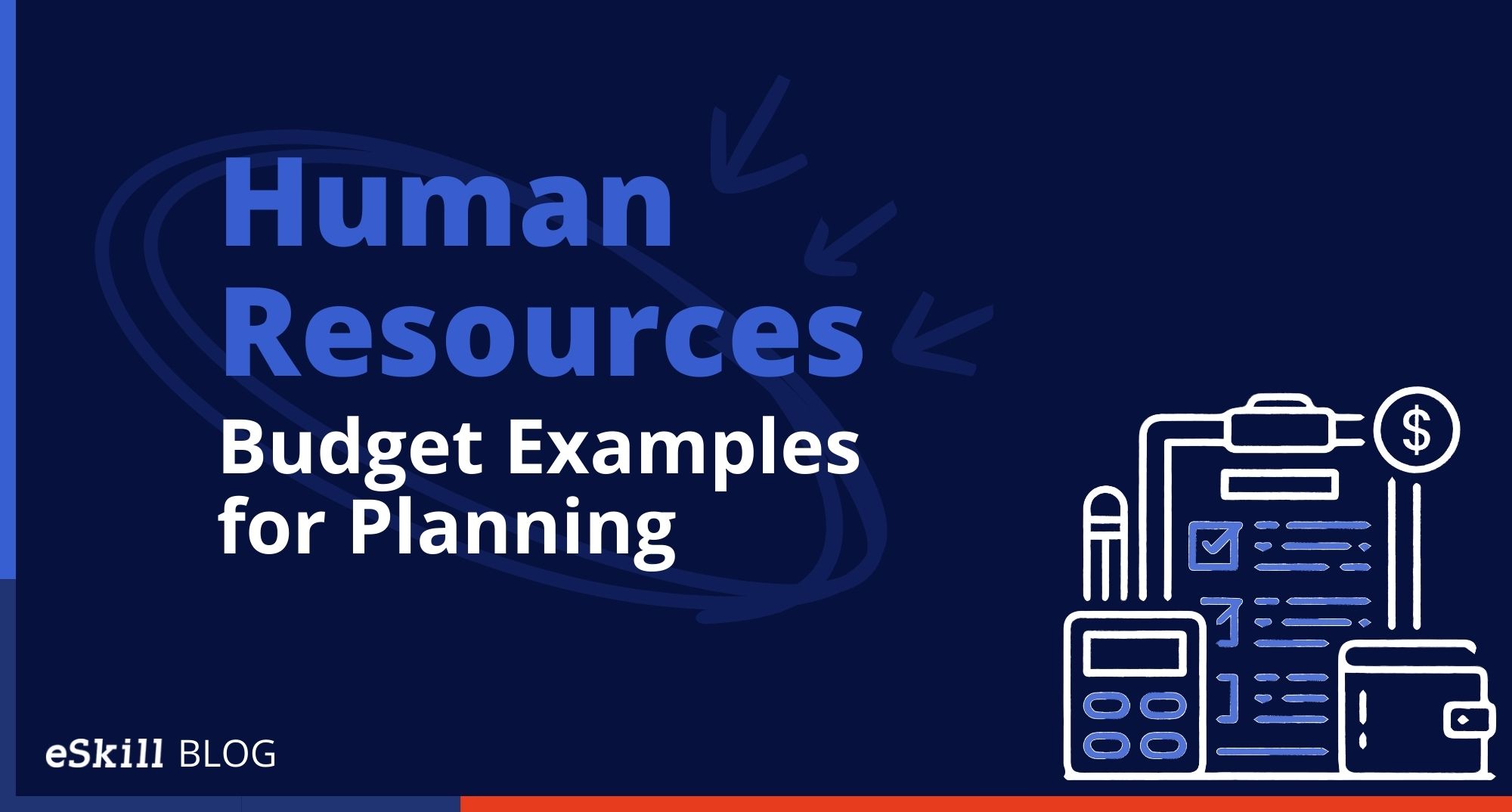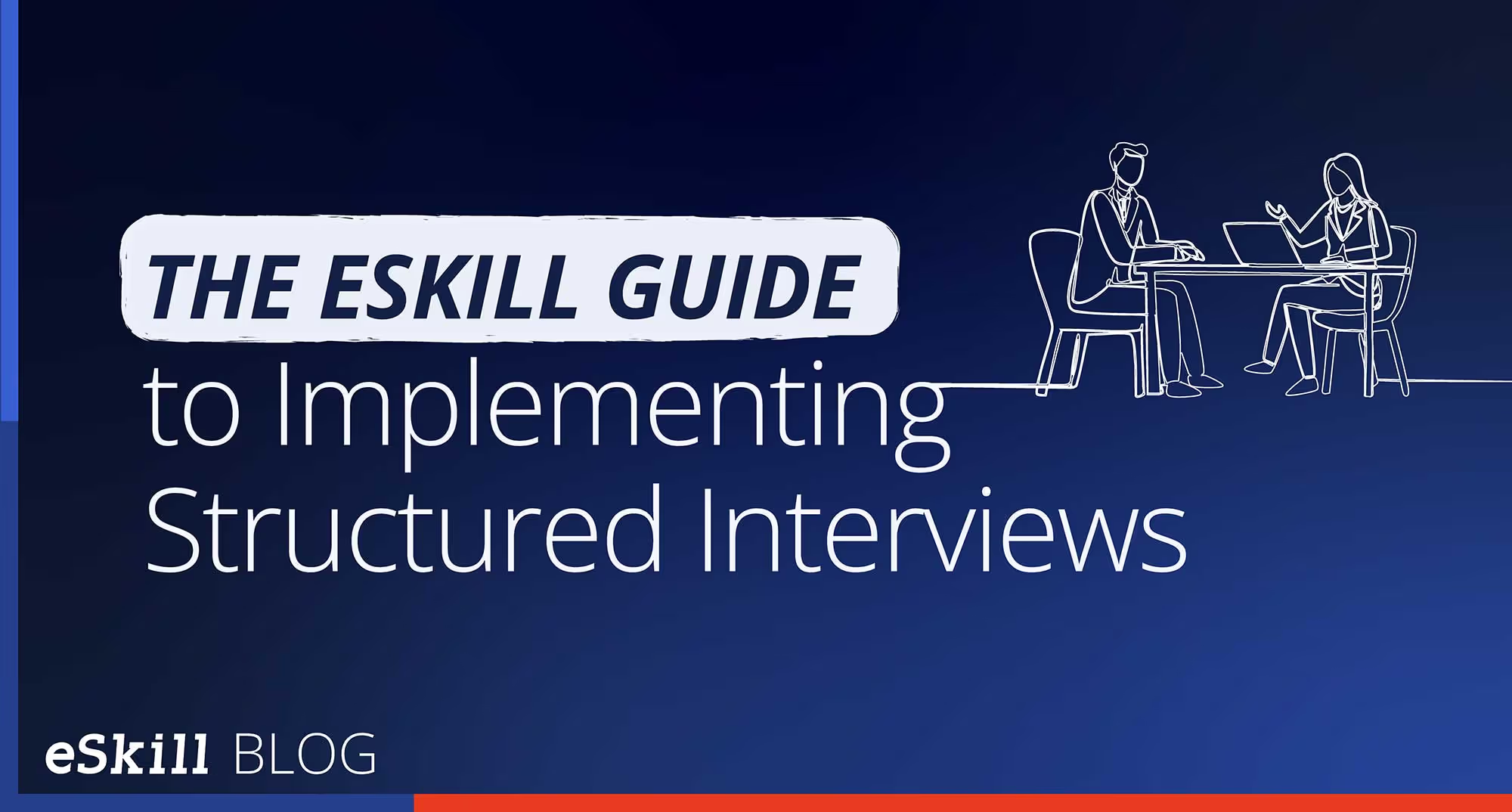Favoritism: The Engagement & Retention Killer
What do you know about favoritism? Did you know it is one the top reasons why employees quit their jobs? And did you know that favoritism causes employees to become disgruntled and unproductive?
As an HR professional with nearly 20 years of experience, I have seen it first-hand, even from before I was in HR. I can tell you that favoritism is a corporate culture killer. It upsets employees, can make them feel alone, useless, and undervalued, and may even cause them to quit and, in some cases, sue!
Favors vs. Favoritism
Most of us do favors for friends, but the difference is when those favors are abused and cause harm to others. For instance, an owner hiring a friend is a favor, but when that owner hires a friend rather than promoting an incumbent employee who is more qualified and deserving, then that becomes favoritism because that friend is receiving special consideration and treatment based on their relationship with the owner and not their own merit. When that happens, the overlooked employee becomes disengaged.
The Evolution of Favoritism
Favoritism comes in many forms. It can be as innocent as simply referring someone for a job or as malicious as sexual harassment or discrimination. An employee who is hired through favoritism and feels that they can say and do anything because “someone in high places” has their back is dangerous. And if that person decides to harass a fellow worker or discriminate, now that version of favoritism becomes illegal.
Most companies have a policy against dating co-workers, especially if one person reports to the other, and the reason is simple: workplace romances can quickly lead to poor decision making. When employees hear about personal relationships within management and leadership roles, they may feel that they cannot speak out for fear of retaliation. This can have a negative impact and lead to claims of unfair treatment.
Companies who have hiring preferences must be careful as well. Only hiring from your alma mater, professional associations, peer group, circle of friends, religious group, nationality, or gender can be seen as both favoritism and discrimination. It’s a slippery slope.
Human Resources Shouldn’t Be Compromised
Organizations should have an ombudsperson, an unbiased mediator on staff, or a designated person or department employees can go to without fear of retaliation or of being handled or spun, to voice their opinions and complaints. Human Resources is supposed to be that department. However, HR’s role is to protect the company, and sometimes even that department gets compromised by favoritism and close internal relationships. The EEOC is overrun with cases of misconduct that HR has allowed or has even been an active participant in.
Personally, I have encountered several instances in which someone has asked me how can they complain about a bad manager who plays favorites if that manager is friends with HR.
Here are some things employees dealing with favoritism at work should consider.
- Don’t make unfounded accusations. Just because you don’t like someone is no reason to accuse the company of favoritism.
- Confirm and document your suspicions. Don’t get creepy or paranoid about it, but if you are ever going to say anything, you will need facts, evidence, and witnesses.
- Try to find someone in management or HR who is fair-minded that you can speak with.
- Be sure that you have facts and not rumors.
Here are some ways companies that care about their employees can minimize and reduce favoritism before it gets out of hand.
- Keep your eyes open. You want employees to get along, bond with each other, and have a great time together. However, you want make sure those relationships aren’t becoming too close or exclusive. Pay attention to relationships between managers, human resources, and employees.
- Listen to your employees. Foster an environment of open communication and provide avenues for anonymous communications as well. Allow your employees the right to privacy and confidentiality.
- Switch management teams around every so often, and allow team members request a change in leadership.
- Actually pay attention to employee survey data, feedback, and exit interviews. Employees will tell you what’s going on, but you have to listen.
- Don’t hire and promote employees based solely on referrals or relationships. Some companies only hire referrals (friends of friends), and that can encourage a culture of favoritism. Employees who aren’t referred or do not have pre-existing internal relationships need to feel that the playing field is level and they have the same chances of advancement as any other employee.
Nowadays, hiring and recruiting has become more relational than ever, so favoritism is at all-time high. Don’t let favoritism ruin your employer brand.
Have you encountered favoritism in your workplace?
Talk to sales






